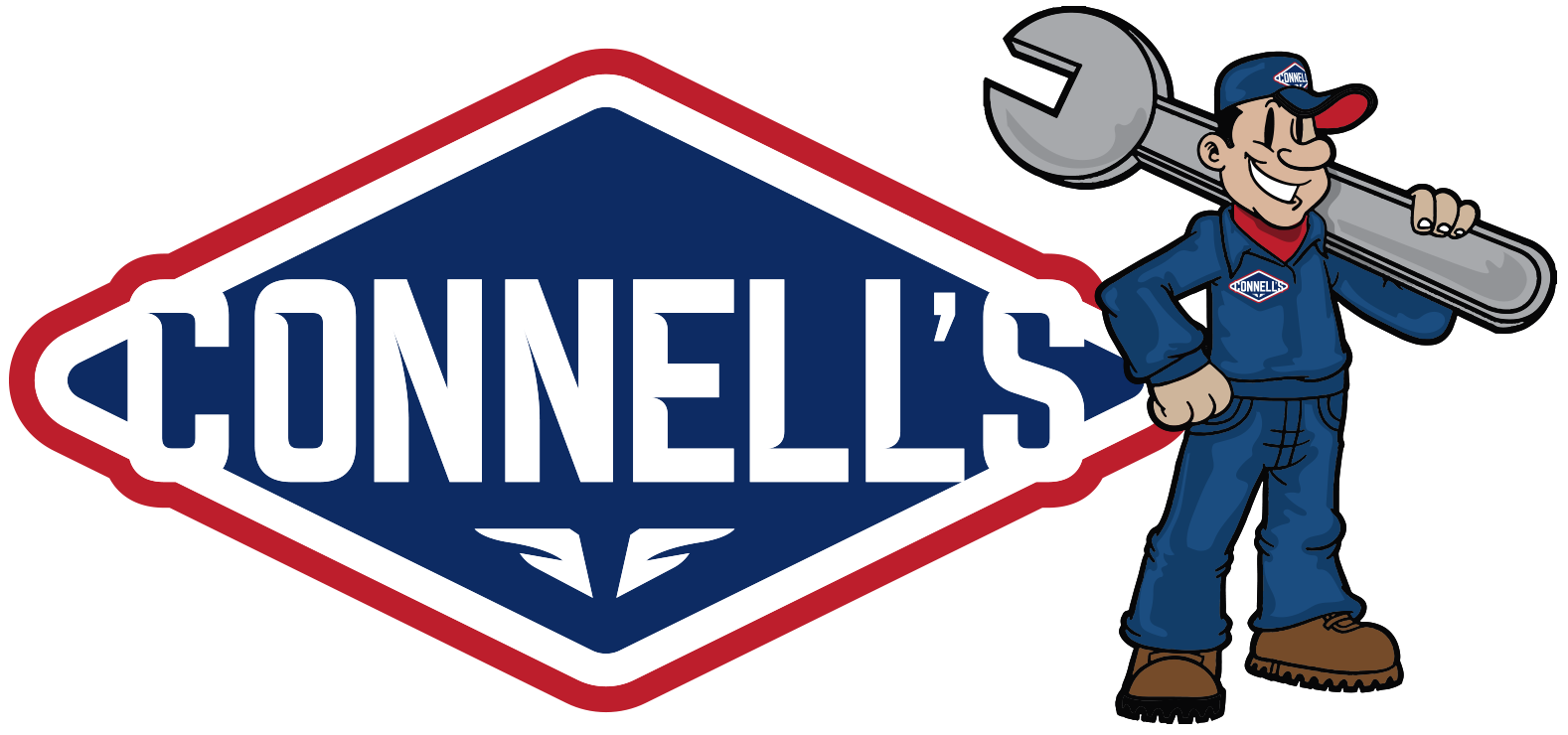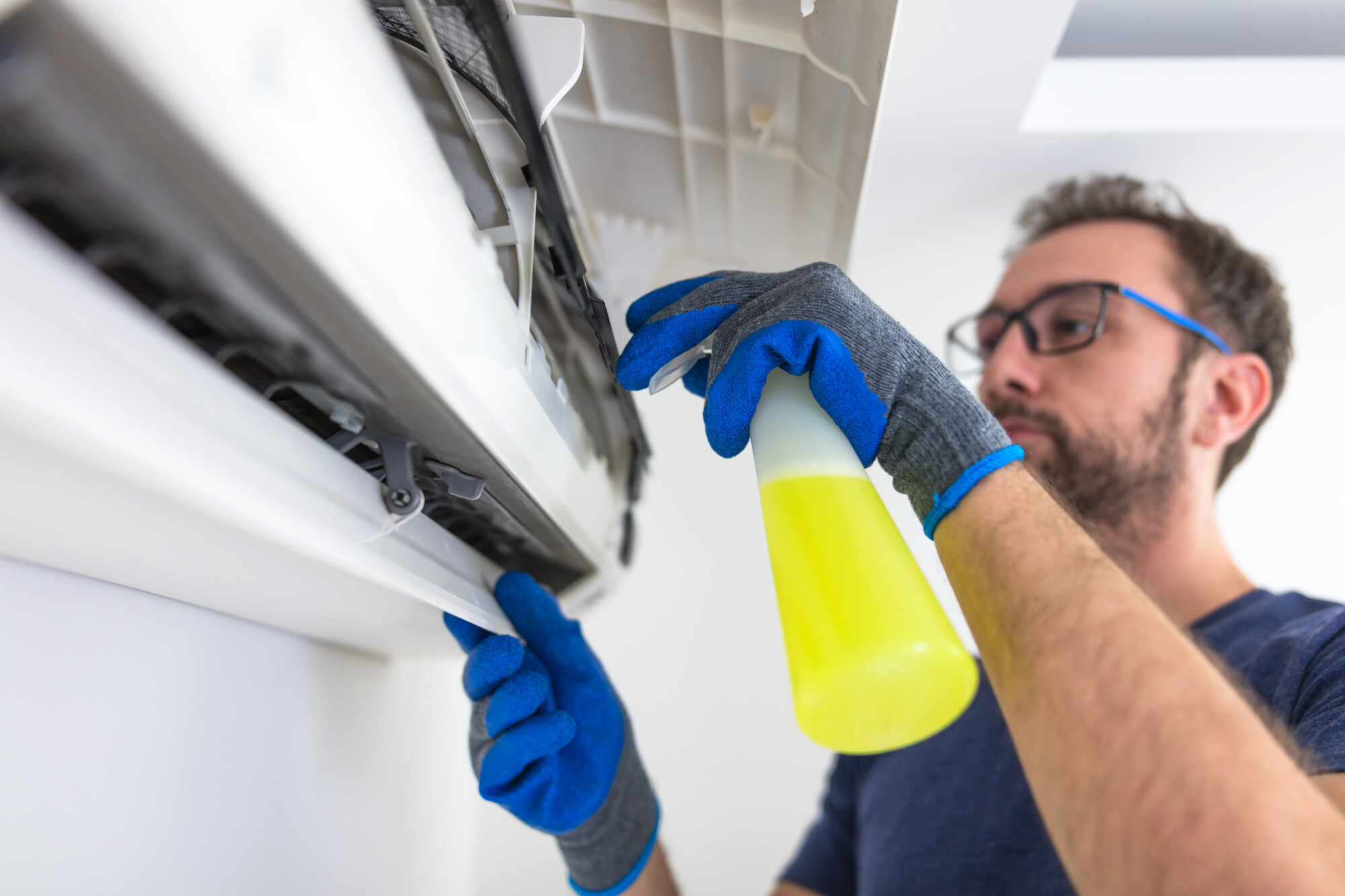Heating, ventilation, and air conditioning account for 38% of energy use in buildings.
So if you pay $2,000 a year for energy, around $760 goes toward heating, ventilating, or cooling your home. Much more if you fail to maintain your HVAC system. Committing common HVAC maintenance mistakes can also drive your energy bills.
You don’t want any of that since electricity rates may increase by an average of 7.5% this 2022. Experts also project natural gas prices to hike this year. They also forecast these upward trends to continue to 2023.
To that end, we created this guide on common HVAC maintenance blunders. So keep reading, as avoiding them can help keep your system energy efficient and in top condition.
1. Compromising Personal Safety
An estimated 30,000 non-fatal incidents caused by electrical shocks occur in the U.S. annually. Some are severe enough to warrant emergency medical assistance. Others even require admission to a burn unit.
To avoid those risks, turn off your residential HVAC system before maintenance. Power it off by moving the unit’s disconnect switch or circuit breaker switch to the OFF position.
The disconnect switch is often near the outdoor HVAC unit, mounted on a wall. As for the circuit breaker switch, you can find this inside your electrical service panel.
Once turned off, allow at least 30 minutes to pass before starting any work on your HVAC system.
While waiting, wear goggles, a face mask, and gloves. They can help protect you from inhaling contaminants or getting injured by debris. Change into old and comfy clothes, too, as HVAC maintenance can be pretty messy.
2. Not Monitoring HVAC Filters Frequently
Particle pollutants, or particulate matter (PM), can enter your home through ventilation. For example, they can get in via air flowing through leaks and open doors and windows.
Thankfully, your HVAC air filters capture some of those pollutants. So while their primary job is to reduce debris build-up in the system, they also help keep indoor air clean.
The problem is that the American Lung Association cites Augusta, GA, as one of 2022’s most polluted U.S. cities. It ranks 25th for year-round particle pollution.
That high pollution level can cause your HVAC filters to become dirtier sooner. Much faster if you also have pets or someone in your household smokes indoors.
Clogged filters can impede airflow, causing inadequate or uneven cooling or heating. They can also cause components to freeze, so keep that in mind the next time you need to troubleshoot HVAC woes. Better yet, check your HVAC filters at least once a month to see if they’re dirty and if so, replace or wash them pronto.
3. Ignoring Vent Covers
Anything that obstructs airflow reduces an HVAC system’s efficiency and performance. That includes thick layers of dust on air vents, including grille and register covers. Prevent that by inspecting and cleaning these parts of your system once every six months.
Vacuum the covers as soon as you see debris covering them. If they’re removable, wash them with warm, soapy water. Then, dry them thoroughly before reinstalling them.
Ensure that the air vents are also free of obstructions, such as furniture that may sit too near.
4. Neglecting Air Ducts
Unlike air filters, air ducts don’t need seasonal cleaning. Instead, they only need a deep clean every three to five years.
So if you can’t remember the last time you had air duct cleaning services, schedule one now.
5. Paying No Attention to Duct Insulation
For a duct system to be efficient, HVAC professionals seal and insulate it properly. Sealing prevents the conditioned air from leaking out of joints. Insulation helps keep the conditioned air from losing its heat or cold.
Duct sealing and insulation don’t last forever; they can crack or go brittle over time. Mice and rats can also cause insulation damage as they use these materials to build nests.
So if it’s been months since you last inspected the exposed parts of your air ducts, it’s best to do it now.
If you feel air out of the joints or see loose connections or signs of damage, call local Augusta HVAC experts. The sooner you do, the sooner they can repair or replace your leaky air ducts.
6. Forgetting About the Outdoor HVAC Unit
Your outdoor HVAC unit expels warm, stale air extracted from inside your home to the outdoors. However, it won’t be able to do its job if it becomes covered with debris and grime. Aside from Georgia’s polluted air, it’s also at the mercy of dirt, vegetation, and fallen leaves or twigs.
To keep your HVAC system in top condition, don’t forget to inspect the outdoor unit once a month. Remove debris and bag them up immediately. Ensure all sides of the metal box have a clearance of at least two feet.
You may clean the coils with a refrigerator coil brush if the outdoor unit has a heavy coating of grime. Be gentle, as the fins are very delicate and bendable.
If you’re too busy or wary of cleaning your outdoor HVAC system, you can always rely on your local HVAC pros for help.
7. Repairing HVAC Units Through DIY Methods
Let’s say you experience signs of AC problems, such as warm or musty-smelling air coming out of the unit. A clogged or mold-ridden filter is often the culprit, so check this first.
If washing or replacing the filter doesn’t do the trick, dirty or faulty evaporator coils may be to blame. Your air ducts may also be leaking or have molds growing in them. Either way, these are problems that warrant professional and not DIY repairs.
Avoid These Common HVAC Maintenance Mistakes
Remember: Heating systems have a lifespan of 10 to 25 years, while central AC units have up to 15 years. However, they require proper and regular maintenance to last that long.
So to make yours last for many years, ensure you avoid common HVAC maintenance mistakes.
If you’re in Augusta, GA, and need expert HVAC services, our team here at Connell’s Heating & Air can help. Contact us now, and we’ll be more than happy to perform maintenance or repairs on your HVAC system.


